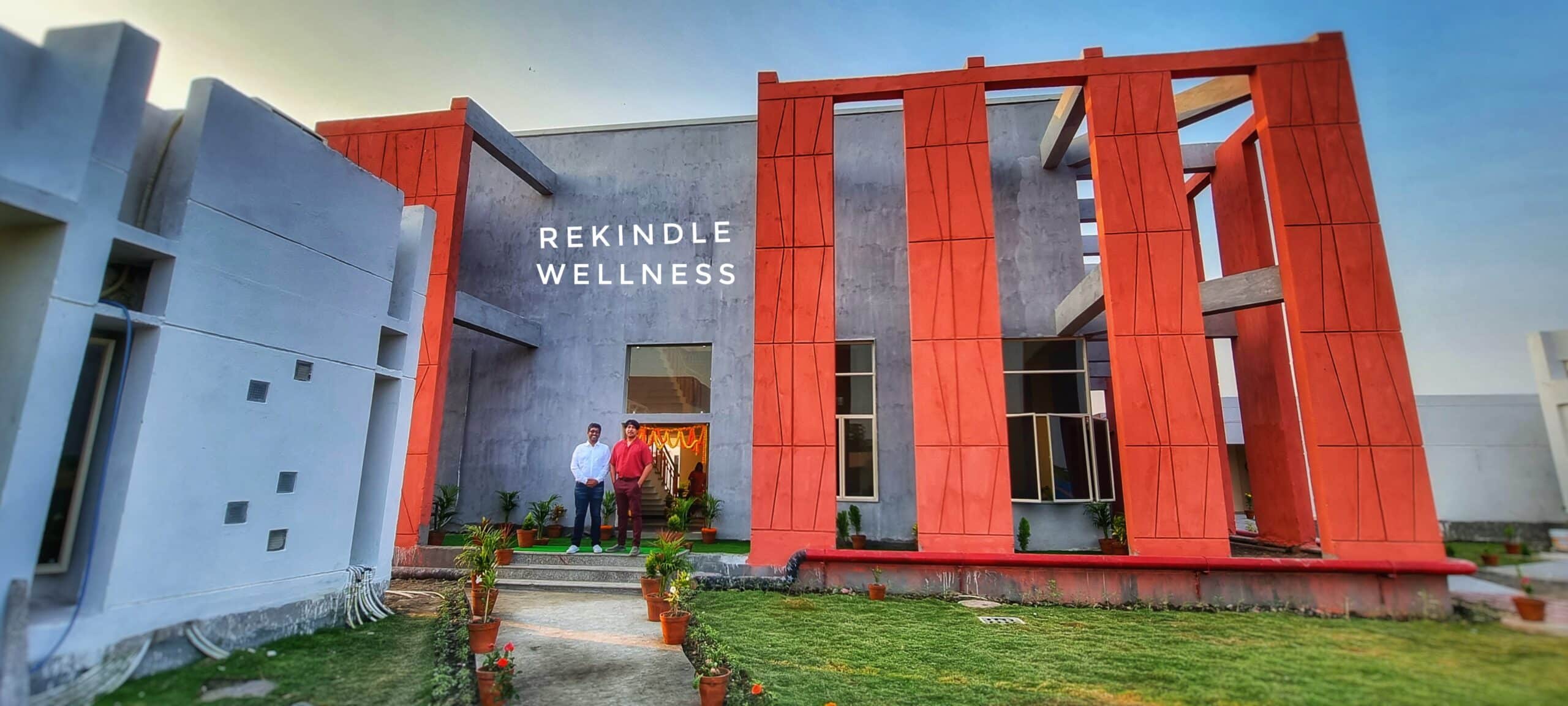Bipolar disorder, formerly known as manic-depressive illness, is a mental health condition characterized by extreme mood swings that range from highs (mania or hypomania) to lows (depression). These mood swings can be severe and disruptive, affecting a person’s ability to function at work, school, and in their personal relationships. In this article, we will explore the symptoms, causes, and treatment options for bipolar disorder.
Types of Bipolar Disorder
The symptoms of bipolar disorder can vary widely from person to person and depend on the type of bipolar disorder a person has. There are three main types of bipolar disorder: bipolar I, bipolar II, and cyclothymic disorder.
Bipolar I disorder is characterized by manic episodes that last at least seven days, or by manic symptoms so severe that hospitalization is required. Depressive episodes usually last at least two weeks.
Bipolar II disorder is characterized by depressive episodes that alternate with hypomanic episodes, which are less severe than full-blown manic episodes.
Cyclothymic disorder is a milder form of bipolar disorder that involves less severe mood swings, but which still disrupt a person’s life.
Symptoms of Mania or Hypomania may include:
- Excessive happiness, hopefulness, and excitement
- Increased energy and activity levels
- Rapid speech and racing thoughts
- Reduced need for sleep
- Poor judgment and impulsive behavior, such as spending sprees or sexual promiscuity
- Aggressive behavior or irritability
Symptoms of Depression may include:
- Persistent feelings of sadness, hopelessness, or emptiness
- Loss of interest or pleasure in activities once enjoyed
- Fatigue or loss of energy
- Difficulty sleeping or oversleeping
- Changes in appetite or weight
- Thoughts of death or suicide
Causes of Bipolar Disorder
The exact causes of bipolar disorder are not fully understood, but researchers believe that a combination of genetic, environmental, and neurochemical factors may play a role. People with a family history of bipolar disorder may be more likely to develop the condition themselves. Stressful life events, such as trauma, abuse, or significant life changes, can also trigger bipolar disorder in some people.
Treatment for Bipolar Disorder
Bipolar disorder is a chronic condition that requires lifelong management. Treatment typically involves a combination of medication, psychotherapy, and lifestyle changes. Medications, such as mood stabilizers, antipsychotics, and antidepressants, can help manage mood swings and prevent relapse. Psychotherapy, such as cognitive-behavioral therapy (CBT), can help people with bipolar disorder identify and change negative thought patterns and behaviors. Lifestyle changes, such as regular exercise, healthy eating, and stress management, can also help manage symptoms and improve overall well-being.
At Rekindle Wellness Psychiatric Centre, we offer comprehensive and personalized treatment for bipolar disorder. Our team of mental health professionals will work with you to develop a treatment plan that meets your unique needs and goals. Contact us today to learn more about our bipolar disorder treatment options and how we can help you live a happier, healthier life.
